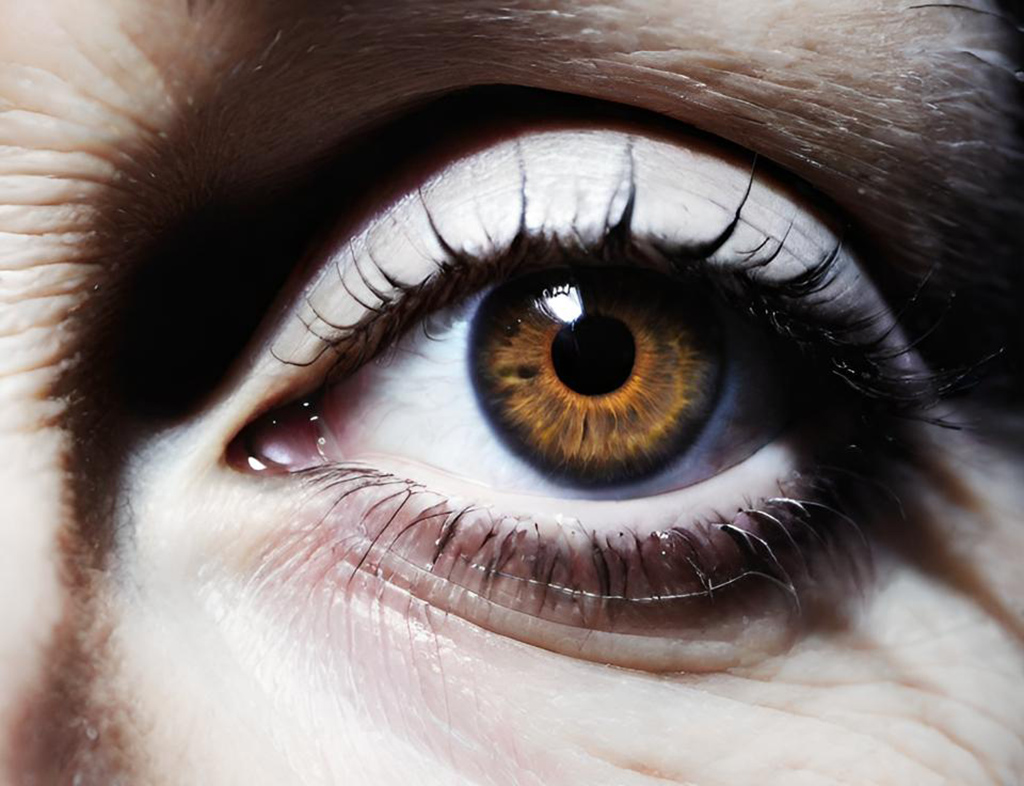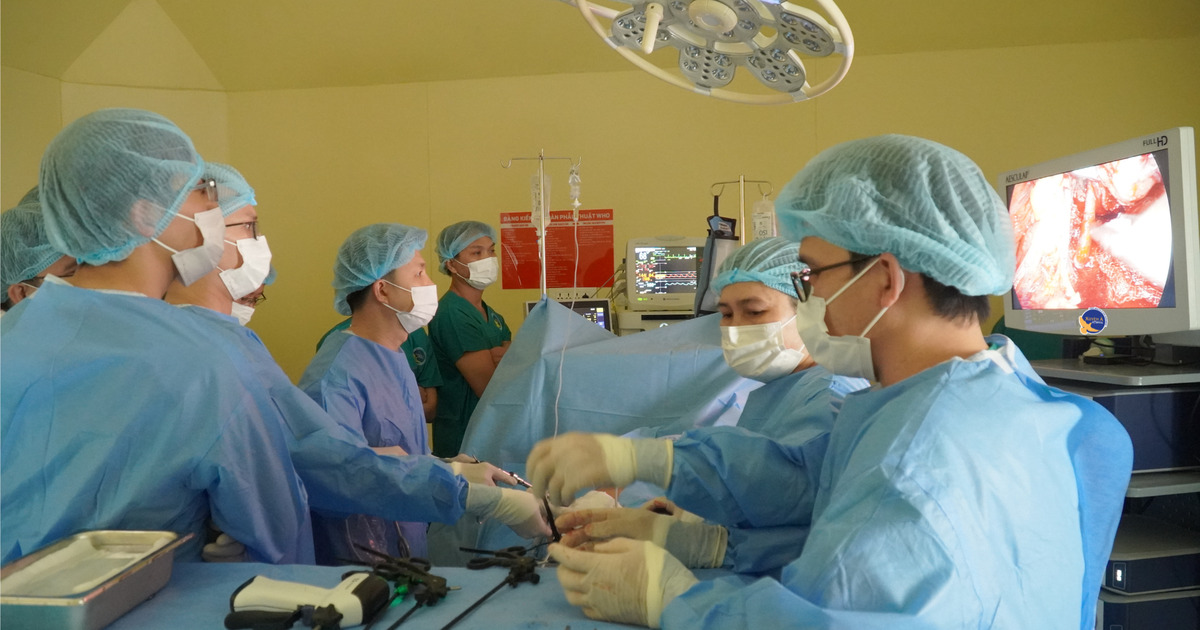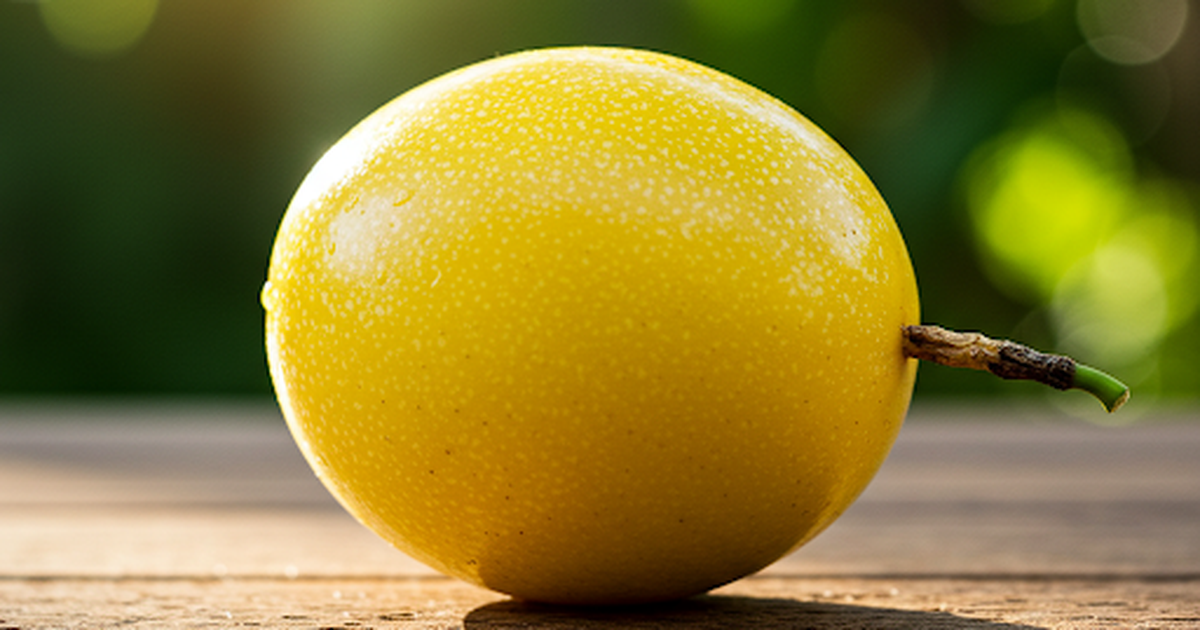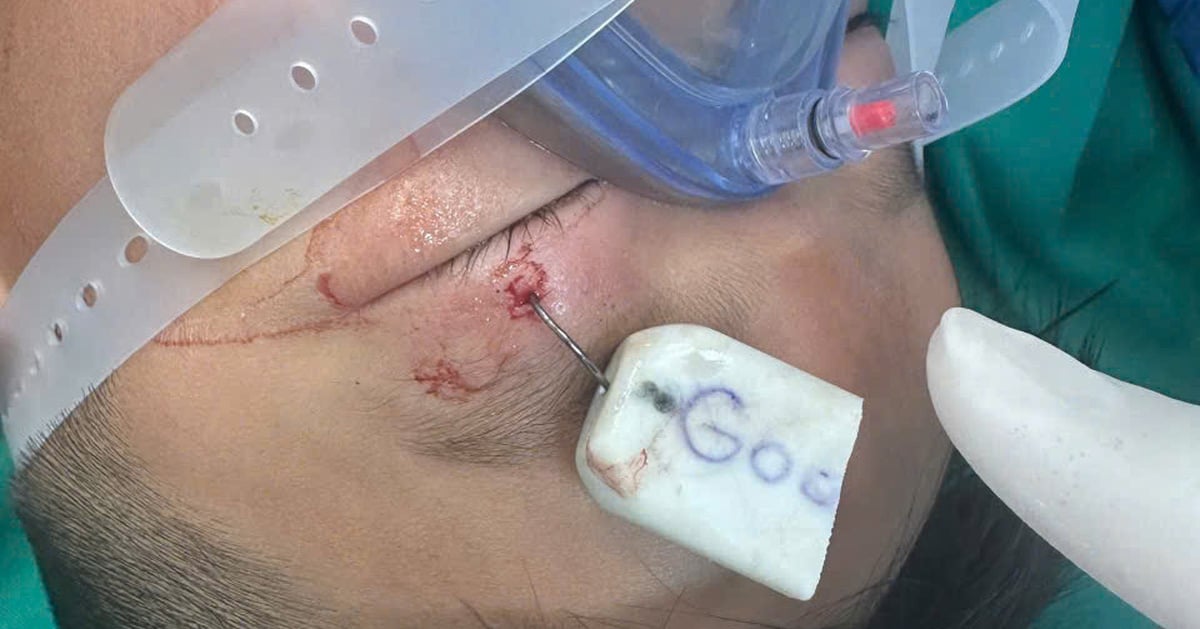In many cases, eye twitching is only temporary and ends soon after. If eye twitching occurs repeatedly and continuously, it is likely a sign that the body is lacking nutrients.
Eye twitching is called blepharospasm, and it occurs when the muscles around the eyes contract involuntarily. Although it appears in the eyes, the health problem this symptom warns of has nothing to do with the eyes. The cause may be due to the body lacking an important nutrient, magnesium, according to the health website Healthline (USA).

Nutrient deficiencies may cause eyelid twitching.
Magnesium deficiency causes eye twitching
Magnesium is a mineral that is essential for the functioning of muscles, bones, blood vessels, and the heart. It also helps regulate blood sugar. A lack of magnesium can cause the body to not function at its best, such as fatigue, muscle cramps, or difficulty controlling chronic inflammation.
A study published in the journal Nutrients found that magnesium deficiency can increase muscle spasms and cramps in older adults. In fact, people with severe magnesium deficiency often experience muscle spasms in many parts of the body.
The eyelids are made up of muscles, tendons, and ligaments. Therefore, magnesium deficiency can also affect the eyelids, causing them to twitch. Long-term magnesium deficiency can lead to recurring episodes of eyelid twitching.
While persistent eyelid twitching is a sign of magnesium deficiency, it is important to know exactly how much magnesium a person needs. A blood test can help your doctor know for sure. However, this is not always necessary. Taking the recommended amount of magnesium will help the eyelid twitching go away.
There are several ways to get magnesium. The first way that is often used for people with magnesium deficiency is to take supplements or pills that contain magnesium. The second way is to eat foods rich in magnesium, such as nuts, beans, whole grains, salmon, green leafy vegetables, and bananas.
In fact, there are cases where the eyelids twitch despite adequate magnesium supplementation. The cause may be too much caffeine, high stress, eye strain, or exposure to pollutants, according to Healthline .
Source: https://thanhnien.vn/giat-mat-lien-tuc-canh-bao-co-the-dang-thieu-chat-gi-185241207122611289.htm





![[Photo] Overcoming all difficulties, speeding up construction progress of Hoa Binh Hydropower Plant Expansion Project](https://vstatic.vietnam.vn/vietnam/resource/IMAGE/2025/4/12/bff04b551e98484c84d74c8faa3526e0)

![[Photo] Closing of the 11th Conference of the 13th Central Committee of the Communist Party of Vietnam](https://vstatic.vietnam.vn/vietnam/resource/IMAGE/2025/4/12/114b57fe6e9b4814a5ddfacf6dfe5b7f)







![[Video] First time in Vietnam: Successful implantation of 3rd generation partial artificial heart](https://vstatic.vietnam.vn/vietnam/resource/IMAGE/2025/4/12/8817412224094c68ba2c744b7bd5cfea)













































































Comment (0)